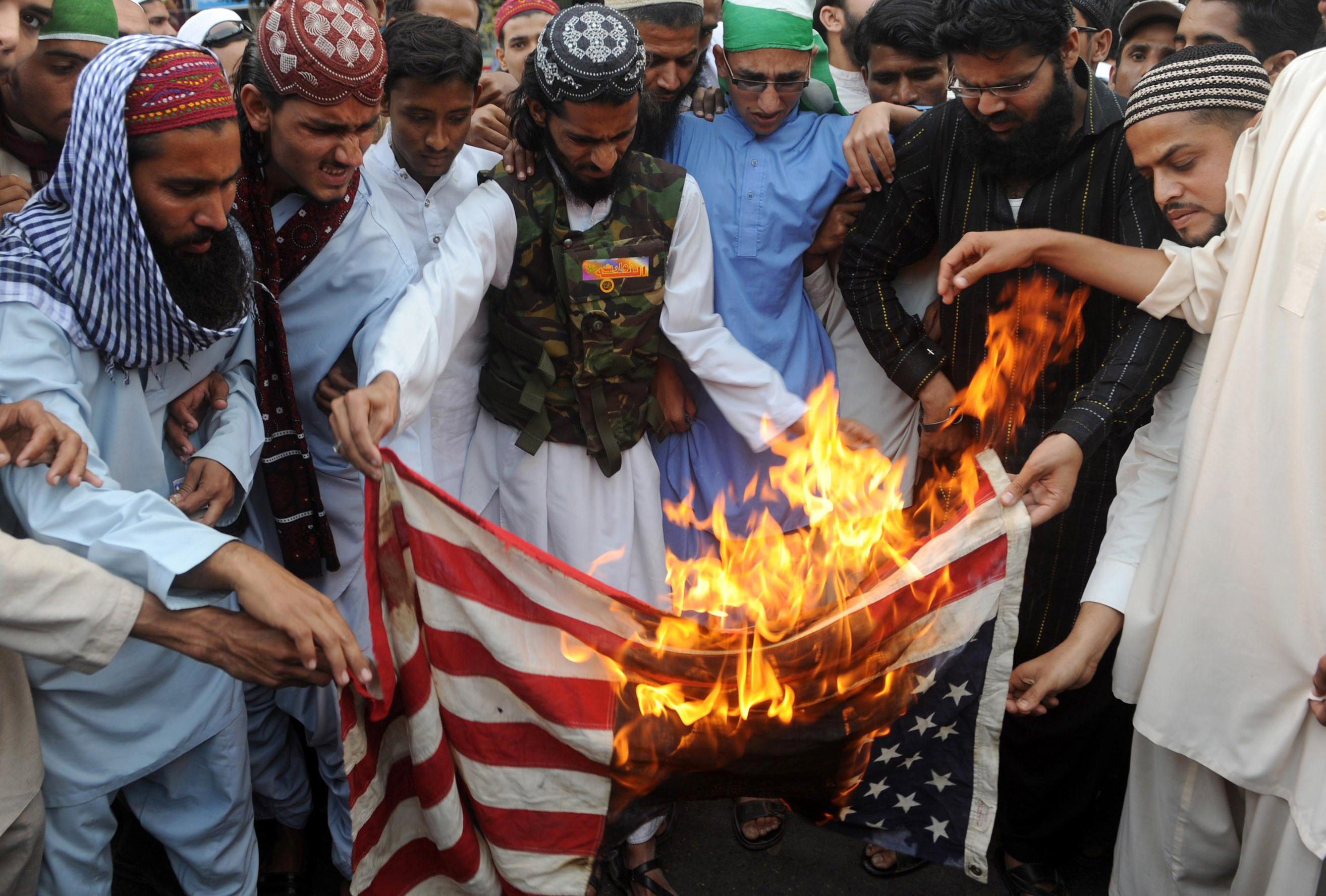Prior to the release of the Senate Intelligence Committee’s CIA torture report this week, there were widespread fears that it would incite violence. “Foreign leaders have approached the government and said, ‘You do this, this will cause violence and deaths.’ Our own intelligence community has assessed that this will cause violence and deaths,” House Intelligence Committee Chairman Rep. Mike Rogers said on CNN. Embassies around the world warned U.S. citizens to prepare for anti-American protests.
But two days after the report’s release, the anticipated violent protests across the Muslim world don’t seem to have materialized. It may be, as the Obama administration argued prior to the report’s release, that deadly protests like those seen after the burning of a Koran in Florida in 2011 or upon the release of the “Innocence of Muslims” video in 2012 “tend to be fueled more by perceived attacks against Islam as a religion than by violence against individual Muslims.”
Or, coming after a decade of revelations about Abu Ghraib, Guantanamo, and the CIA’s black sites, it may be that nothing in the report was really that surprising. As Brookings scholar Shadi Hamid tells the Associated Press, discussing reaction in the Middle East, “Arabs were angry about U.S. torture in Iraq 10 years ago, so if anything this seems rather quaint, that the Americans are having a real public debate about this 10 years after the fact. … This seems like run-of-the-mill stuff in the sense that this is what people expect of the U.S. They would be surprised if it wasn’t the case, and that’s a product of years of deep anti-American sentiment.”
Jihadist message boards have apparently lit up with calls for retaliation against the United States, but ISIS and al-Qaida sympathizers didn’t lack for anti-American grievances before Tuesday.
As I noted yesterday, a number of governments, particularly those usually on the receiving end of human rights complaints, have been playing up the news. The Russian government and media, who were surprisingly quiet in the immediate wake of the report, have since joined in to condemn the “gross, systemic human rights violations by the American authorities.”
Some critics have used these denunciations by Russia, China, and other countries to accuse the committee of handing America’s rivals a propaganda victory. But again, it’s not as if the Russian media would be playing footsie with the U.S. if the report hadn’t come out.
While there are some new revelations in the report, the specific information it revealed is less important than what it signified: a government coming to grips with its past conduct. One big reason that the charges of hypocrisy coming from the world’s dictatorships don’t stick is that unlike those governments, the U.S.—albeit grudgingly—admits its past misdeeds.
